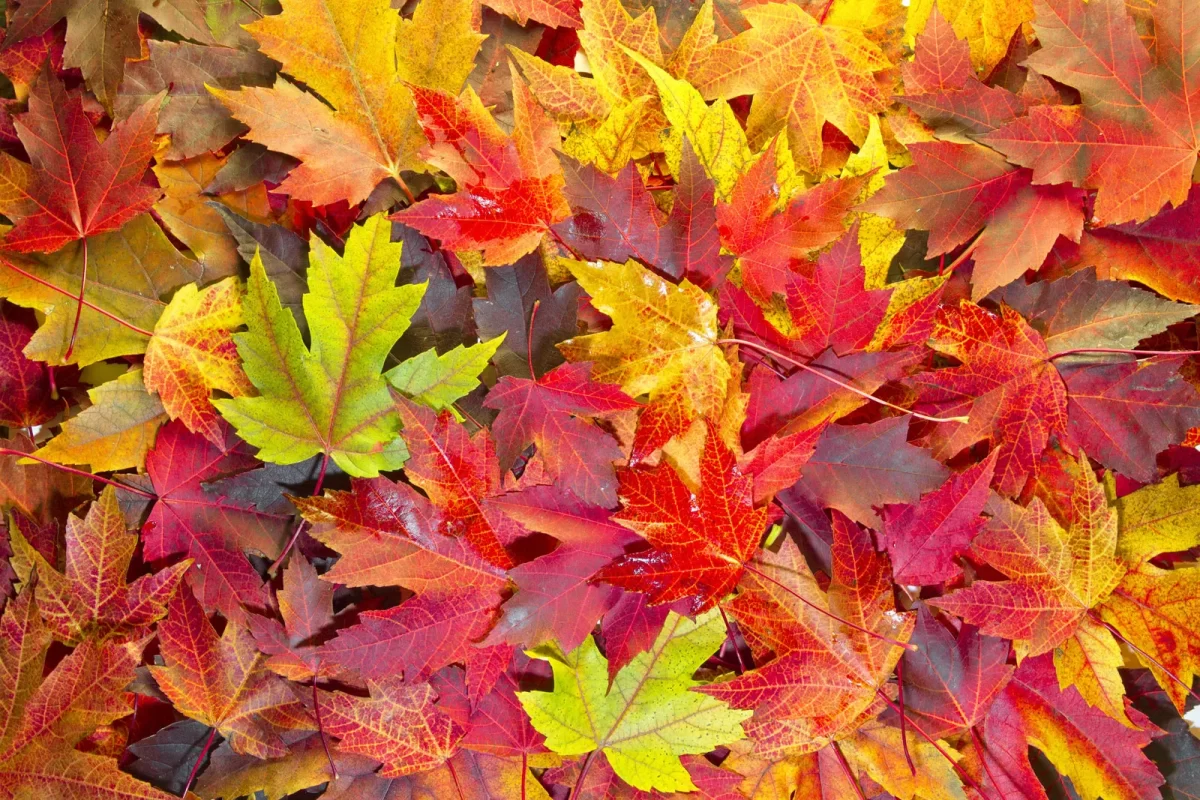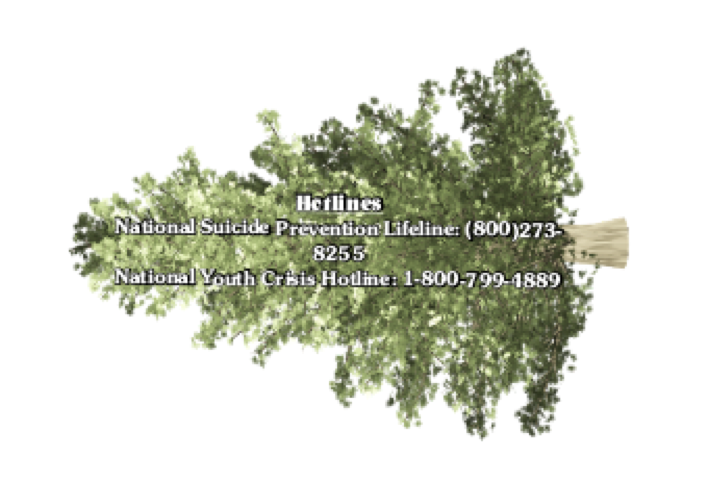Feeling S.A.D.?
December 14, 2017
The winter season is full of love and holiday cheer, but those with seasonal affective disorder, the holiday season is the most dreaded time of year. Underneath the garland and ribbon, many people struggle throughout the period of the cold months. The light is depleting from view as the days become shorter. In precaution, psychologists are warning of the accumulative indications of different disorders from the months of October to March.
Seasonal affective disorder (or SAD) is described by the National Institute of Mental Health as stated, “Seasonal Affective Disorder (SAD) is a type of depression that comes and goes with the seasons, typically starting in the late fall and early winter and going away during the spring and summer.”
Cases of the subset of depression are most common in the winter, but can also occur in the summer season. Most commonly, the symptoms of seasonal affective disorder are fatigue, hypersomnia, overeating, weight gain, craving for carbohydrates, and social withdrawal. Abigeal Gaghen, the Olathe East school psychologist, gave even more information.
Gaghen said, “There’s a pattern that’s occurred over an amount of time that shows that [disorder] symptoms are exacerbated during certain times of the year… The difference between having the symptoms and an actual disorder is that people that struggle with depression feel that way all the time, and they really feel so sad and hopeless that they have a hard time functioning.”
Seasonal affective disorder is most common in young adults, but can also be found in children and teens. In order to diagnose seasonal affective disorder in any person, seasons of a disorder during the winter season must have occurred for two years or longer. Still, the term, “winter blues”, is another description for the feeling many feel during this current time of year. The difference is in the duration and specific symptoms.
Gaghen said, “For depression, it’s feelings of hopelessness or worthlessness that is not exactly impacted by anything else. It’s not related to outside circumstances. It’s just an overwhelming feeling of sadness… over a long period of time.”
The National Institute of Mental Health describes the scientific causes on a neurochemical level. Three causes are described.
N.I.M.H. writes, “People with SAD may have trouble regulating one of the key neurotransmitters involved in mood, serotonin… People with SAD may overproduce the hormone melatonin, which regulates sleep… Vitamin D insufficiency may be associated with clinically significant depression symptoms.”
These different factors may be treated with at home remedies or medication. As the N.I.M.H. states, different forms of therapy could be: medication, light therapy, psychotherapy, and vitamin D. A specific medication reintroducing serotonin into the body allows a natural boost in the mood based on the replacement of the once-lacked chemical. Light therapy is the use of artificial light to replace the lack of sunlight during the winter months. With SAD, or any other basic disorder such as depression, anxiety, bipolar, etc., psychotherapy is recommended as a support system in these months.
Gaghen said, “Your makeup and your overall health will effect the way that you feel, so just by naturally taking care of yourself, making sure you’re eating right, getting physical activity in throughout the week, spending time with people that you enjoy, and getting outside of the house is good for all of us.”
No matter the treatment, getting help and having a well-developed support system is the first step in finding treatment for SAD or any other disorder.
Gaghen states, “I say that any student that is struggling with how they feel, I encourage to regularly connect with a support staff member here… the important thing is talking to a trusted adult.”
Ms. Gaghen and Ms. Robinette are considered mental health support staff along with all of our counselors. In this harsh time of the year, students are encouraged to contact someone in the support staff to assist them as they continue throughout the season.
Michaela Bilyeu // Senior Staff Writer












































